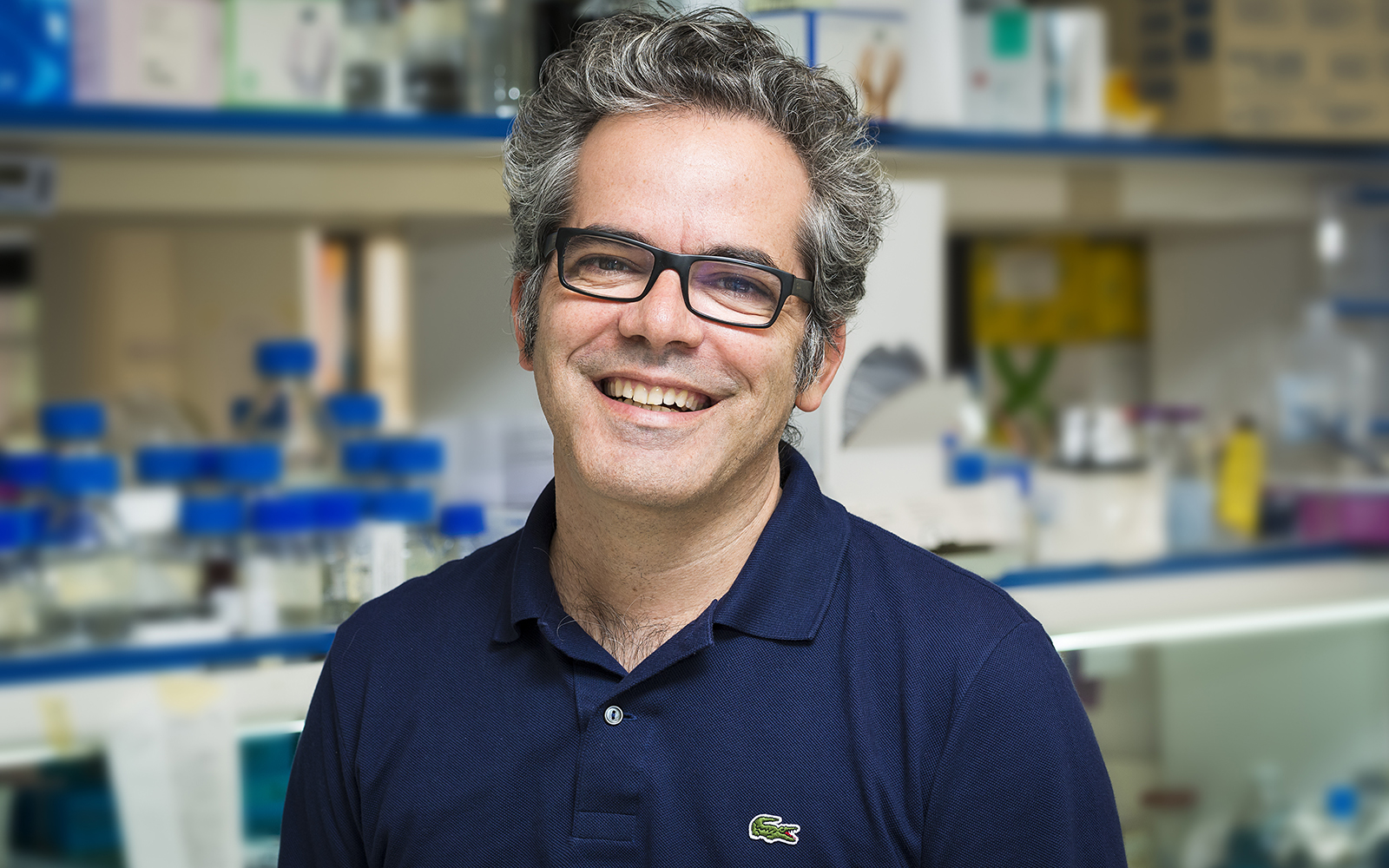The Scientist highlights IGC study
IGC research explains a dangerous complication of malaria

A new study led by the group of Miguel Soares from the Instituto Gulbenkian de Ciência (IGC) was featured in The Scientist. The immunologist talked to the magazine about the team’s most recent work which explains why some people with severe malaria end up with dangerously low blood sugar levels (hypoglycemia).
The study, published in the prestigious journal Cell Metabolism, revealed that this drop in blood sugar starves the malaria parasite, which responds by becoming less virulent, keeping both itself and the host alive long enough to seed the next generation and spread. “The idea that a pathogen is hard-wired to be bad is sort of fading away,” the researcher explained to The Scientist, “pathogens are just microorganisms that are trying to adapt and survive.” In addition, the researchers have shown that the drop in blood sugar is coordinated by heme, a molecule that is released into circulation as the parasite destroys red blood cells. Apparently, this molecule, responsible for several severe symptoms of malaria, also has a protective role against the disease, by decreasing the production of this nutrient in the liver.
This innovative work revealed an important and unexpected defense strategy against malaria, having received the positive appraisal of several international specialists in the field, including immunopathologist Phillipe Van den Steen (Rega Institute) and immunologist Dyann Wirth (Harvard T.H. Chan School of Public Health). Although these promising findings need to be confirmed in humans, they could help improve treatment outcomes of this life-threatening disease in the future.
